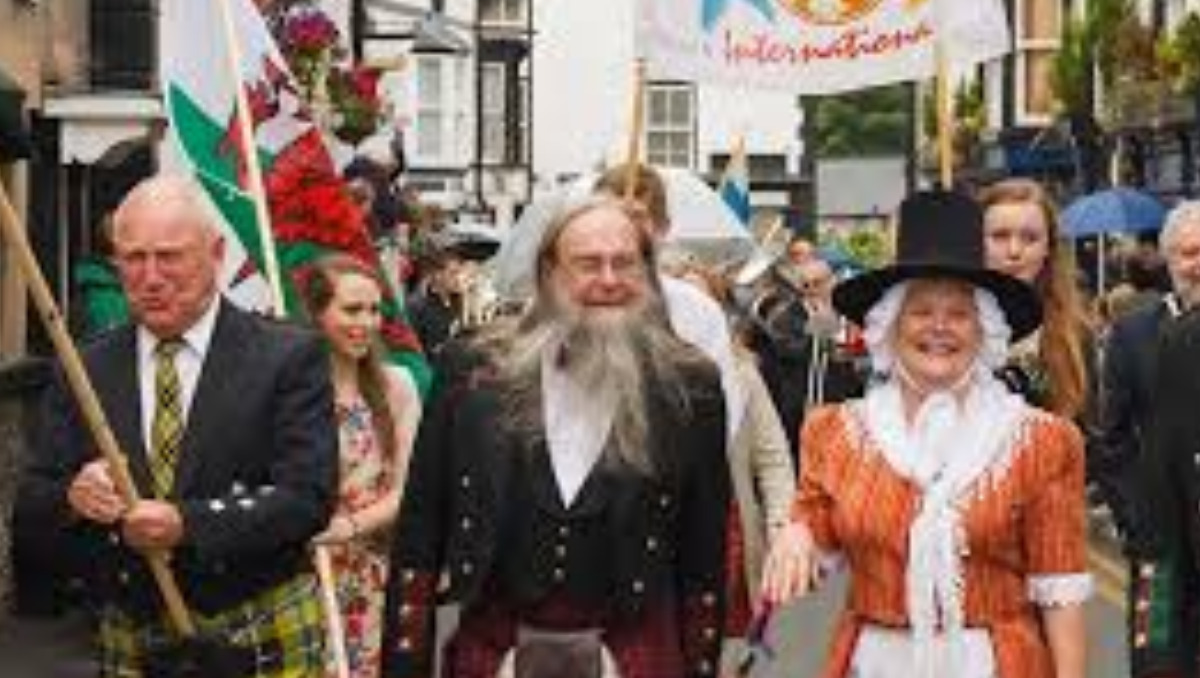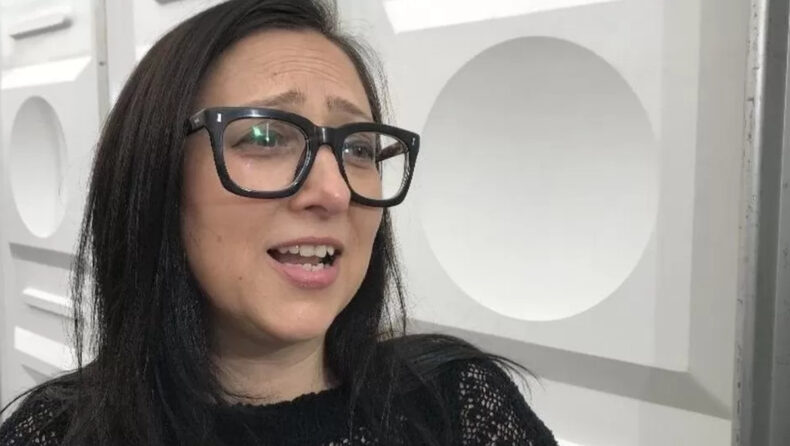Table of Contents
A National Eisteddfod director referred to news reports about the organisation’s decision to prevent a bilingual rapper from performing at the festival as “clickbait”.
According to chief executive Betsan Moses use of the term “ban” to explain the festival’s action of rejecting Sage Todz from performing is misleading. Journalism can be misleading at times.
Due to the excessive amount of English in his songs, Todz was informed that he could not perform at the event this year.
According to festival guidelines, all performances must be in Welsh.
Sage Todz:

A rapper who speaks both English and Welsh will not participate in the National Eisteddfod because his songs contain English lyrics.
Sage Todz said on social media that due to the festival’s Welsh language policy, he will not perform this year.
His cover of Dafydd Iwan’s Yma o Hyd made headlines last year, and he has since expressed why Welsh is of importance to him.
The National Eisteddfod described the Welsh language restriction as “fundamental” to the event.
Interview of Ms. Moses on Bore Sul Programme:
On the Bore Sul show of BBC Radio Cymru, Ms. Moses said that it was the responsibility of reporters to check their language.
The woman added that journalism has become clickbait and that the perspective of what is true because it is not profitable comparatively, and the term ‘ban’ appears more attractive than the phrase stating that there was a decision that he will not participate.
According to the National Eisteddfod’s rules, “unless specified to the contrary,” all compositions and competitions must be in the Welsh language.
It said that Todz had been given a number of choices, including an incentive to write new songs in Welsh, which the rapper turned down.
He subsequently claimed that his melodies were “finished products” which could not be changed.
The National Eisteddfod management board chairman, Ashok Ahir, and Ms Moses both claimed to have been getting “personal, unfair, and inappropriate messages” in response to press coverage regarding the organisation’s choice.
She stated that she had advised the workers to step back. Furthermore, she said that it was important to protect their artists, follow the language guideline, and be clear in inviting people to the Eisteddfod.

Opinions of other popular individuals about the language policy:
Izzy Morgana Rabey and Eadyth Crawford, two singers, announced earlier this week that they would not take part in the Eisteddfod pavilion event this time if the language regulation for “invited artists” did not change.
Welsh Economy Minister, Vaughan Gething, urged the National Eisteddfod to reconsider the language restriction, stating that having an artist like Todz participate in the Eisteddfod would introduce the Welsh language to more people.
Ms Moses, however, asserted that Mr Gething was reacting to the idea of a ban which never existed in the first place.
Make sure the proof is in place before the story begins, she advised. After that headline was published, one side launched an attack against the other.
She supported the language restriction by pointing out that, despite how it may appear, it is this one week every year when Welsh can be heard.
She also claimed to have received great emails from individuals who express how vital they find the rule to be because it allows them to fully immerse themselves in the language and track their progress.
Ms Moses noted that artists’ decisions must be respected but it should also be kept in mind that the Eisteddfod is about supporting the Welsh language and offering people a chance to be immersed in it.
The Eisteddfod, according to Ms. Moses, is a “mirror of Wales” and the festival’s organisers want it to demonstrate that this is modern Wales.













